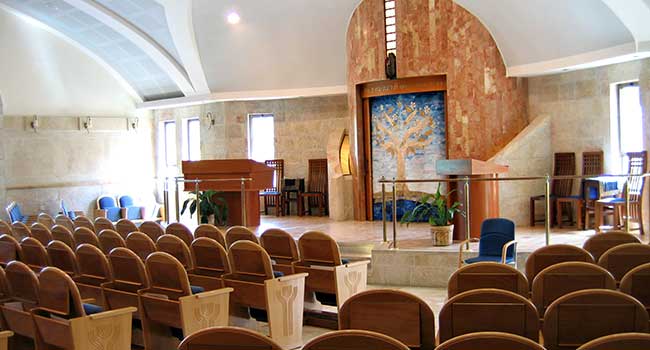
Lee County Sheriff's Office Offers Active Shooter Training for Religious Institutions
The Lee County Sheriff’s Office in Florida offers houses of worship active shooter training, security surveys of their campus buildings and deputy details.
- By Jessica Davis
- May 06, 2019
In light of recent attacks on houses of worship, congregants are working to stay safe and increase security at their religious institutions. To assist in these efforts, the Lee County Sheriff’s Office in Florida offers houses of worship active shooter training, security surveys of their campus buildings and deputy details.
Religious leaders have been working to increase safety and security after deadly attacks on synagogues in Pittsburgh and San Diego.
Rabbi Nicole Luna of Temple Beth-El in Fort Myers, Fla., thinks it’s important to prepare for the worst.
"In case, God forbid, something should happen, to know how to respond, to know how to act and to feel like we have a sense of the best way to protect ourselves," Luna said.
The training course offered by the Lee County Sheriff’s Office includes instruction on how to respond, protect yourself and make defensive choices when coming face-to-face with an active shooter suspect. Trainers also go over how to keep a victim from bleeding out before first responders can arrive on the scene of an emergency.
More than 15,000 people have undergone active shooter training with the LCSO in the last three years.
"It's pretty sad that today we have to think about, when we go to church, our safety," Sheriff Carmine Marceno said. "If you're alert and you're watching your surroundings, and watching the people around you, it's easier to recognize things when they're suspicious or not right."
LCSO’s security survey of a house of worship’s buildings includes deputies inspecting the building, doors, locks, landscape design and lighting. During the check, deputies are able to identify vulnerable areas that could be taken advantage of by attackers.
The sheriff’s office said their agency also provides security details, allowing a house of worship to have a deputy present on the premises for the duration of their worship service.
About the Author
Jessica Davis is the Associate Content Editor for 1105 Media.